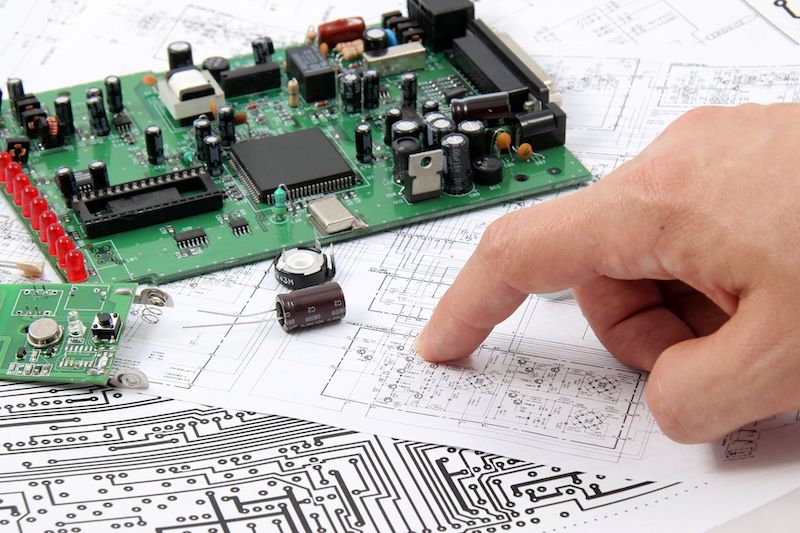
What Is An ASIC Engineer And What Do They Do?
As society steps into automation and digitization, enterprises are gearing up for their utmost efficiency and reliability solutions.
To stay on top of the digital industry, business leaders should highlight the importance of the electronic circuitry of their computing devices, as these units are crucial for data instruction and processing.
The central processing unit (CPU) and graphics processing unit (GPU) dominate data processing. While these chips are intended for a vast array of computing functions, they tend to be less efficient and accurate.
If businesses wanted to pursue a specific IT solution, CPUs and GPUs aren’t of the best help. Instead, they should seek ASICs and collaborate with ASIC engineers to achieve what computing technology they exactly need.
ASIC: Application-Specific Integrated Circuit

Essentially, an application-specific integrated circuit or ASIC is the opposite of CPUs and GPUs. Compared to CPUs and GPUs that perform general operations, ASICs are custom-built for a specific purpose, depending on what a client requires. ASICs are excellent in performing repeated functions as what they’ve been programmed to do efficiently.
While it may be your first time learning about ASIC hardware, they’re being used in several tech settings already, including connected devices, public clouds, and private data centres. Since ASICs are highly efficient in specifically customized tasks, they’re set to revolutionize the IT industry because of their applications to blockchain technology, machine learning, and the Internet of Things (IoT).
Without ASIC design engineers, building these custom-purpose circuits would be impossible. If you’re planning to delve deeper into ASIC use for your organization, you can start with learning the basics involving digital signal processing by visiting https://www.us-asic.com/
What Is An ASIC Engineer?
ASIC engineers play a critical role in creating application-specific integrated circuits, but what exactly do they do? Put merely, ASIC engineers are the architect of these custom-made circuits.
They construct architectural design models of ASIC, optimize design according to client specifications, make product design specification (PDS) statements, and collaborate with the central ASIC design team to deliver accurate and competitive ASIC design solutions.
To qualify in an ASIC design engineer role, having a minimum of bachelor’s degree in electrical engineering and information and communications technology fields like information technology, computer science, and computer engineering puts you at an advantage.
However, some companies acknowledge individuals without formal education surrounding these fields, given that you possess extensive ASIC experience. At an entry-level position, individuals applying for an ASIC design engineer role will have to work with ASIC engineers and designers before advancing into the actual job post.
Employers may look for the following ASIC design engineer skills and proficiency:
- Sufficient knowledge and command in using design software like AutoCAD
- Adequate experience in ASIC test methodology characterized by test pattern generation, memory built-in self-test (BIST), and scan insertion
- Proficiency in hardware description languages (HDLs) such as Verilog and Perl
- Experience in field-programmable gate array (FPGA) design and verification
- Experience in register-transfer level (RTL) design
- Excellent problem-solving skills
ASIC Engineer Salary and Career Growth
In the United States, ASIC engineers’ average annual salary reaches a whopping USD$107,463. Even in an entry-level role, aspiring ASIC design engineers with less than a year of experience can potentially earn an average of USD$81,832, while senior ASIC design engineers with 20 years of experience and more earn USD$141,499 every year.
As ASIC is rapidly dominating the tech industry, ASIC design engineers’ roles will become more and more significant in the future.
They can also grow their careers into other roles, such as:
- Senior Integrated Circuits (IC) Design Engineer
- Physical Design Engineer
- Principal Engineer, Semiconductor
- Senior Applications Engineer
With the exponential growth of computing over the years, it’s only a matter of time before organizations create their computing solutions for maximum operational efficiency. Presently, several companies are competing in the tech industry with their artificial intelligence (AI) chip designs, and exploring ASICs next is the best way to step up their AI game.
